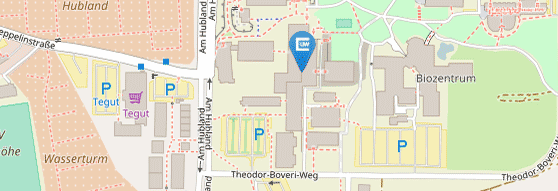Molecular Synthesis and Catalysis
Molecular synthesis and catalysis deals with how to make the molecules that society needs - from the well-known molecules that make up our everyday lives, to new, untested molecules that could be the drugs, dyes, fragrances, agrochemicals or building blocks of the future. Molecular synthesis deals with the design and construction of discrete molecules of any kind, from purely organic to purely inorganic molecules, and everything in between: coordination and organometallic complexes, main group compounds, and small clusters of metals and other elements.
This research area at the Faculty of Chemistry and Pharmacy not only deals with the technical aspects of constructing complex molecules, but also the molecular mechanisms of synthesis, the confirmation of their structures, their rational and efficient design, the construction of novel and reactive bonding motifs, and the exploitation of their properties.
The research in this area has direct applications in industry and everyday life, for instance the discovery of new pharmaceuticals, pesticides, dyes, fragrances, medical imaging agents, explosives, and components for electronic devices such as OLEDs. The novel synthetic processes developed to make these molecules also have broad real-life applications, particularly catalytic organic synthesis using transition metal or main-group catalysts, which is used extensively in the pharmaceutical, petrochemical and agrochemical industries.





